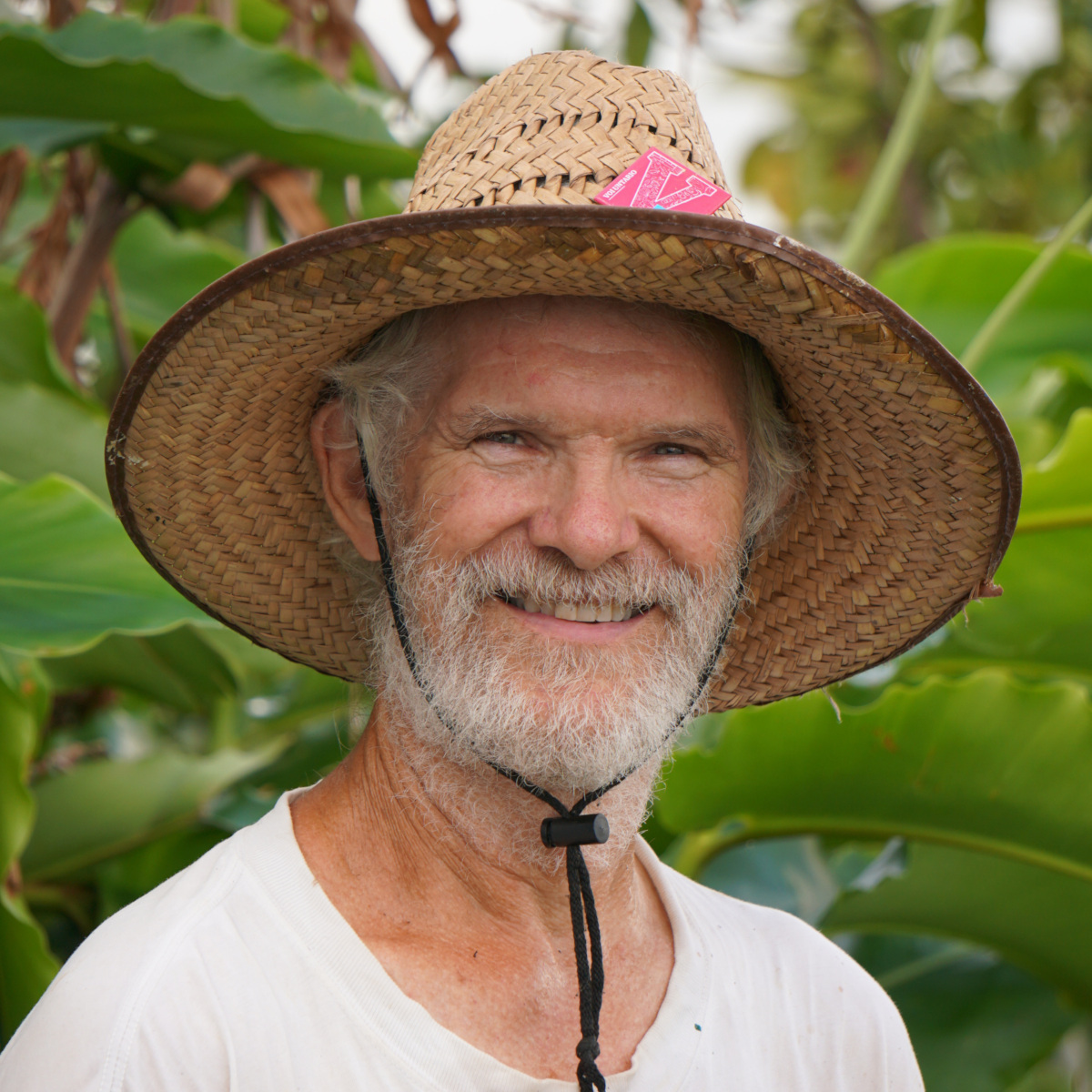I’m purchasing a property which will not perc for a conventional septic system. There are alternative septic systems that are possible, but also I’m wondering, what about an alternative system altogether? Does anyone have experience with handling greywater and waste separately (say composting for waste) in a home with several members?
Are you trying to be permitted by the county/local gov?
It’s definitely possible to do graywater separate and compost human waste. I’ve done composting in the past and it can work great. But getting the county (I’m from the US) to sign off on it is really depends on your local government.
One great resource in general is the The Humanure Handbook By Joseph Jenkins
Yeah, a composting system may not be allowed by the county. Unfortunately it seems fairly rare in the US for these systems to be permitted, and my county defers to the state on this. I’ll need to do more research there.
I tried a moldering-pit system for a while. I modified a standard toilet by cutting out the siphon and making a barrier wall across the bowl with “white cement”. The urine, on the “front” side went to a drum outside and the solid(ish) waste fell into a concrete chamber with an access door. Two of us, using toilet paper and dropping it down the back hole, made less than 1/3 cubic meter (say 10 gallons) of solid waste per year.
The urine barrel would fill about monthly, and we would alternate between two barrels, so the full barrel would have a month to ferment and then it would be obligatory to apply it for fertilizer so we could resume filling. That was an unpleasant job -distributing it by small hose in a downhill wooded area. The annual scoop-the-poop and bury it in a shallow grave was not so great either. We stuck to it for two years though. Then we went back to a regular toilet since we already had a septic tank for kitchen sink water. If I were looking at a house that had that means of waste management, I would probably keep looking.
If you go alternative - do everything you can to make it low-effort and automatic. Composting is often healthy exercise, but if the compost-turner is ill, the waste will still keep accumulating.
technically, it can be done (urine capture, composting, humanure, graywater filtering with reed beds) BUT legally it is VERY much a matter of local health and safety ordinances – some areas will allow it with restrictions like the video above, some areas will allow only with special systems in place that guarantee proper sterilization temperatures, and some places will refuse to even consider it …
Urine diversion dry toilets (UDDTs) exist, but if you are in a hot but humid climate they can be a bit bothersome.
In general, composting fresh human feces is a bit risky as you often can’t control the temperature sufficiently well.
In general a multi-chamber septic tank with a horizontal flow constructed wetland works fine and is very low maintenance.
If you have time to dive down a rabbit hole, check out what the huts and shelters do along the Appalachian Trail. They manage a lot of waste for a lot of hikers using a mix of composting and septic techniques, depending on the location and type/quantity of waste they’re managing.
Edit: These facilities are generally on public lands, not near towns, so I assume the permitting requirements are very different than what normal homeowner would face.
It massively depends on your local code enforcement officer. If they are a dick, don’t buy the property. If you haven’t met them yet, you will. You didn’t say where you are, so ymmv. If you’re in Maine, I dug my own, town approved primitive wastewater disposal, and could help.
There is the option of phytoepuration. The waste water goes through several ponds with different plants in it.
It’s well developed in France but I don’t know how possible it is in the US.
https://www.aquatiris.fr/en/our-products/sanitation-gardens/
whereabouts (just general area) can you get away without a septic system? the little bit I’ve looked into it (not seriously considering buying property yet but maybe in the future) you’re basically legally required to have septic, even out in the middle of nowhere.
I think it depends on the country to a large degree. In industrialized nations, regulations are much more complex and surface- and ground-water protections tend to be more stringent. In more agricultural locales, the issue becomes one of not creating a nuisance or hazard with one’s waste, more than complying with the letter of a regulation. But you still need some means of managing waste - septic tanks are common because they are effective, but they depend on an abundant supply of water. If there is not water to flush, there will not be a septic tank.






